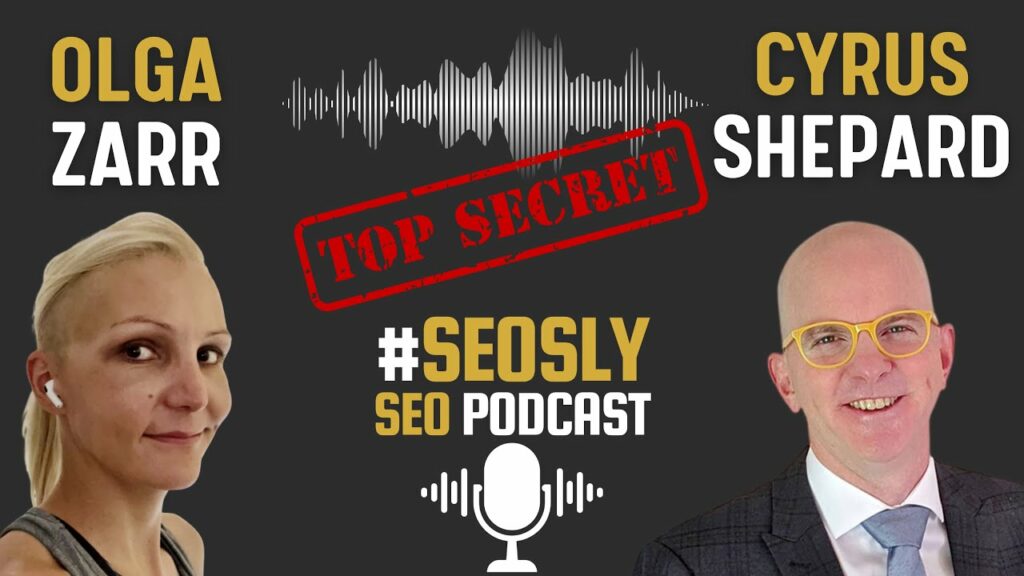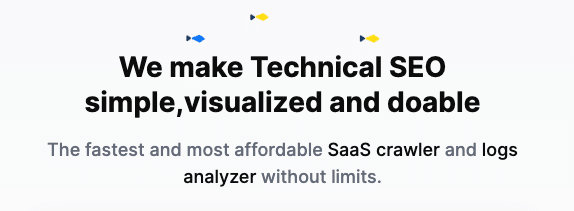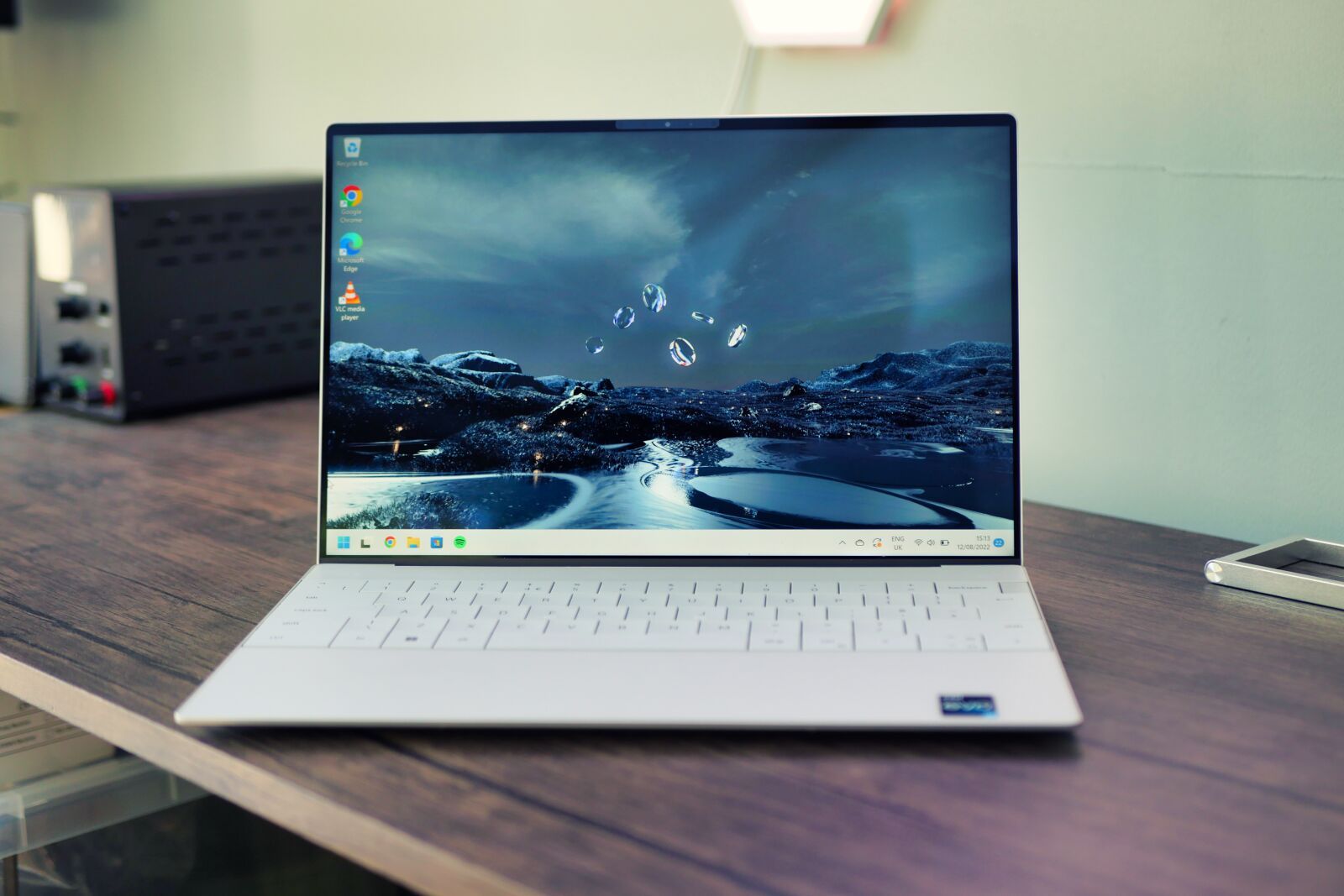Table of Contents
SEO Podcast #62: Moz’s Top SEO – Cyrus Shepard – Spills His Best SEO Tips and Experiments
Episode #62 of the SEO Podcast by #SEOSLY features an SEO legend, Cyrus Shepard, former senior member of the famed Google Search Quality team.
I invite you to subscribe to the SEO Podcast by #SEOSLY to keep learning SEO with me and the SEO experts I interview.

Watch the interview with Cyrus Shepard
Listen to the interview with Cyrus Shepard
You can listen to episode #62 of the SEO Podcast by #SEOSLY below.
Top SEO Tips from Cyrus Shepard
Cyrus Shepard is widely recognized as one of the leading SEO experts today. In a recent interview, Cyrus generously shared so many insightful tips and best practices from his many years working in the industry.
In this comprehensive article, I’ll summarize the key takeaways from Cyrus that you can take action on right away to improve your SEO.
Start with Simple SEO Experiments
You don’t need complex scientific methodology to start experimenting and learning. Cyrus suggests starting with simple A/B split tests like rewriting title tags for 10 pages and leaving 10 control pages unchanged. Track clicks and rankings in Google Search Console to measure the impact.
The key is to start small and learn by doing. As you get more advanced, you can design experiments with larger sample sizes and more variables. But don’t let perfection be the enemy of progress – get started with simple changes.
Vary Your Internal Anchor Text
One common mistake is reusing the same anchor text for internal links, such as just linking your keywords to “click here”. However, the number of different anchor texts pointing to a page correlates highly with better search rankings.
Cyrus recommends manually changing the anchor text of internal links pointing to your most important pages. Link at least 10 times with different keywords each time. This gives Google more signals about the page’s relevance for those terms.
Organize by 5 Buckets of Ranking Factors
Cyrus organizes ranking factors into 5 buckets:
- Technical SEO – site speed, mobile optimization, proper crawling
- Content Relevance – answering the user query, needs met
- Backlinks – quality links from external sites
- Page Quality – expertise, trustworthiness, reputation
- User Signals – click-through-rate, time on site, engagement
Make sure you have a good foundation across all of these areas. Fix technical issues first, then focus on quality content and building backlinks. Signals like engagement help you identify weaknesses.
Do the “Real Company Sh*t”
Don’t just try to manipulate signals through shortcuts and hacks. Put in the work to actually be the best and most authoritative source on your topics. Cyrus calls this “real company sh*t”.
Examples include genuine hands-on product reviews, deep expertise built up over years of focus, and a trustworthy brand reputation. This earns you rankings over the long-term.

Understand Google’s Page Quality Criteria
Becoming a Google Quality Rater yourself helps you deeply understand what makes a high quality page in Google’s eyes.
Key areas Google evaluates include: expertise/experience, needs met, trustworthiness, reputation, and how much extra work the user has to do. Optimize your content for these factors directly.
Create Content Around User Intent
Conduct searches on your keywords and analyze the types of results. Are people looking for videos, tutorials, product reviews, local services? Make sure your content meets the user intent, not just a generic article on the topic.
Fix Technical SEO First
When starting an SEO project, Cyrus focuses on technical SEO quick wins first. Low hanging fruit like structured data, internal linking, site architecture issues, and page speed.
Knock out this technical “hygiene” before moving on to content and links. The optimization will pay dividends across all of your efforts.
Produce Original, In-Depth Content
There is a huge shortage of truly original, high quality SEO content. Cyrus emphasizes the opportunity for those willing to do in-depth studies, experiments, and case studies. This builds your reputation over time.
Title Tags: 55-65 Characters, Keywords First
For title tags, Cyrus found through research that 55-65 characters tends to perform best on average. Also put your most important keywords toward the beginning.
Monitor Ranking Volatility
Rankings will fluctuate up and down. Rather than stressing about daily changes, pay attention to longer-term volatility. If a page is bouncing from #2 to #12 and back, that indicates opportunity to stabilize.
Follow Cyrus Shepard
If you aren’t following Cyrus, just stop and make sure to follow him across the following platforms:
Follow SEO Podcast by #SEOSLY
You can subscribe to the SEO Podcast by #SEOSLY on popular podcast platforms or check the website of the podcast.
Make sure to subscribe to my SEO newsletter to stay fully informed and be notified when a new episode comes out.
You can subscribe to my newsletter using the form below.
The SEO Podcast by #SEOSLY is sponsored by JetOctopus
JetOctopus is a cloud-based website crawler and SEO log analyzer. The tool allows you to analyze your website structure, check for broken links, detect technical SEO issues, and monitor your website’s ranking in search engines.
JetOctopus is the fastest and most affordable SaaS crawler and logs analyzer without limits.

Want to become a guest or provide ideas for the show?
If you want to become a guest on the show or you want to share ideas, feel free to contact me. I will be happy to hear from you. Contact me at [email protected].

